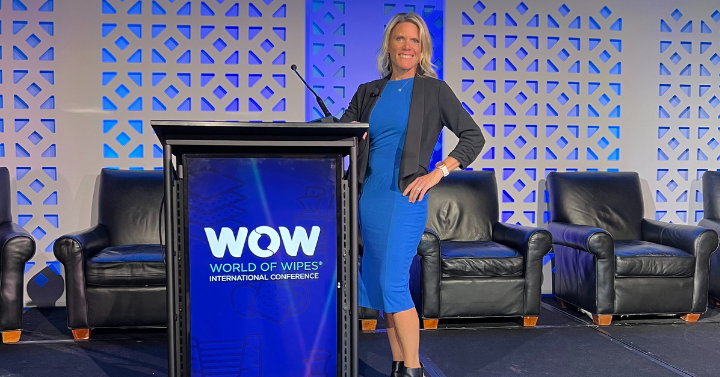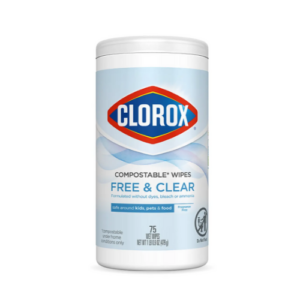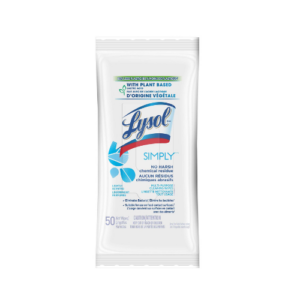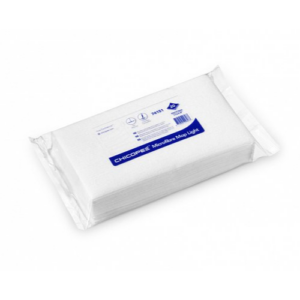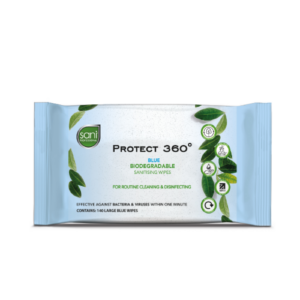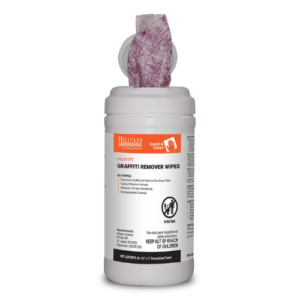Sustainability was a major focus of this year’s World of Wipes Conference, driving conversations around the future of wipes across the entire supply chain. Kristy Altenburg, Sales Director in our Professional Cleaning practice, delivered a presentation on professional cleaning wipes, shedding light on the latest trends and providing key insights from Kline + Company’s soon-to-be-published survey conducted with hundreds of end users as participants.
Plastic Reduction: Pioneering Alternative Materials
As bans on single-use plastics have been enacted in several states, including California, Colorado, Connecticut, Delaware, Hawaii, Maine, New Jersey, New York, Oregon, Rhode Island, Vermont, and Washington, significant attention has been given to alternative materials. Among these are natural fibers, such as bamboo and cotton, in non-wovens and recycled PET fibers in wet wipes.
In line with these changes, several suppliers have launched professional wipes made of plant-based active ingredients, viscose-free substrates, plant-based fibers and substrates, recycled packaging, and/or improved degradability/compostability. Notable examples include:
Recycling: Addressing Environmental Impact
Our presentation revealed that more than 65% of respondents said that sustainability plays a role in their decision when buying a cleaning wipe product. Concerns about waste, biodegradability, and compatibility with their ESG goals were significant factors, with nearly 52% of respondents using fewer disposable wipes due to waste concerns, almost 40% due to biodegradability concerns, and 32% due to ESG goals.
Flushability and sewage waste collection were discussed as ways to address these ongoing issues, in addition to intensifying packaging requirements. States such as Washington, Oregon, California, and Illinois have mandated prominent “Do Not Flush” logos on packages for non-flushable wipes. However, the Responsible Flush Alliance (RFA) reports that over 34% of wipes that are flushed are clearly labeled with the “Do Not Flush” symbol, indicating that there is more work to be done to build awareness on this topic.
Product Efficacy and Composition: Meeting End Users’ Demands
Efficacy is crucial for professionals using wipes at their facilities, so how does sustainability fit in with product efficacy? Our survey reveals that 38% of end users perceive green cleaning products as equally effective as traditional cleaning chemicals, with an additional 30% considering them to be even more effective. Moreover, a significant 80% of end users express willingness to pay more for green cleaning solutions.
As part of an effort for cleaning professionals to comply with sustainability goals, many end users favor wet wipes that contain plant-based or botanical ingredients such as citric acid, lavender, soy, and thymol.
As more facilities transform into green buildings, the demand for green cleaning products, specifically cleaning wipes, is expected to continue to rise. To better understand the role of sustainability within the industry, as well as critical buying factors, usage, and spending on such products, refer to our forthcoming Industrial & Institutional Cleaning Wipes USA study.
Want professional cleaning industry updates, expert analysis, insider tips, and webinar invites in your inbox? Click here to sign up for the Kline newsletter.
